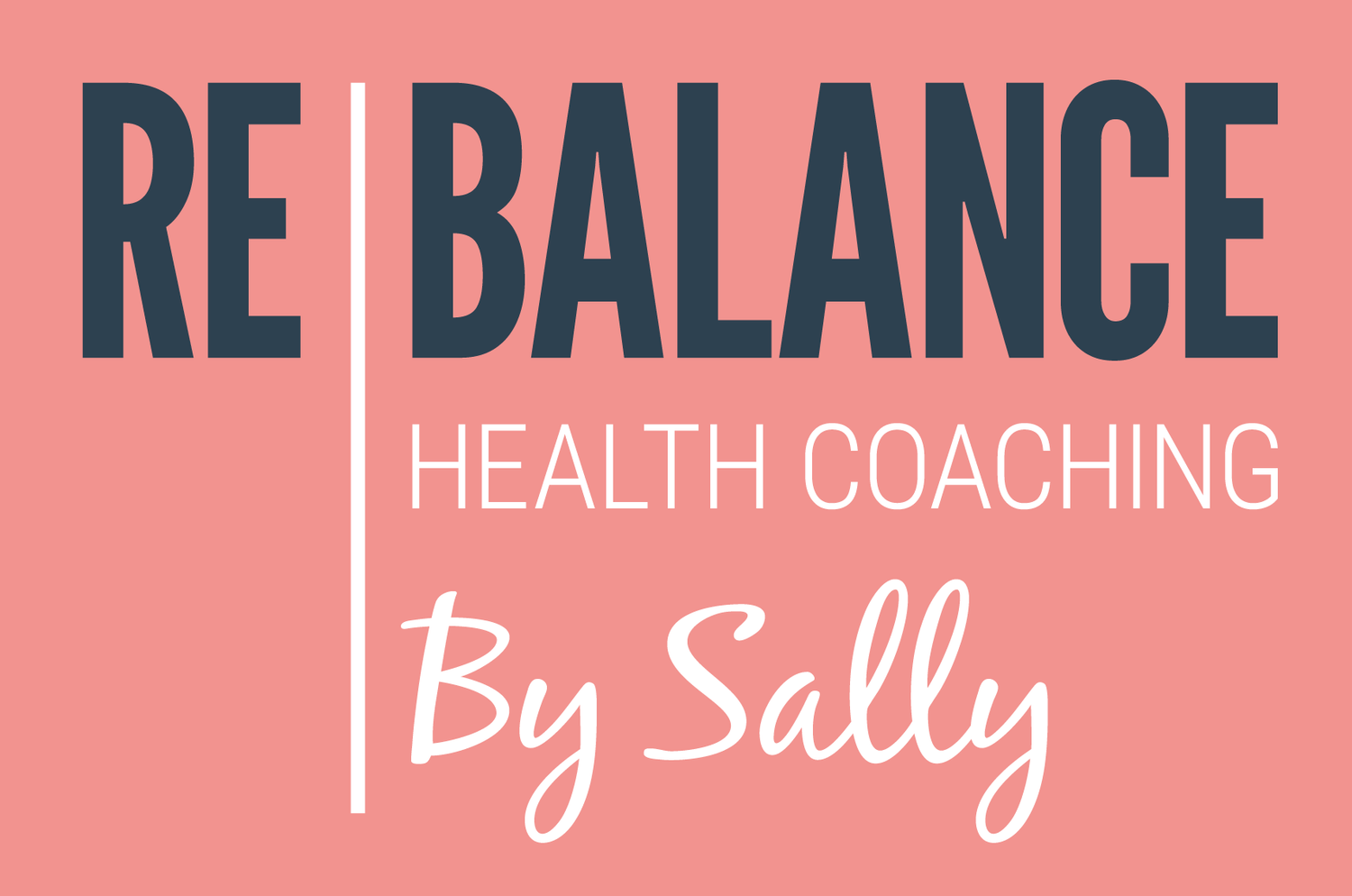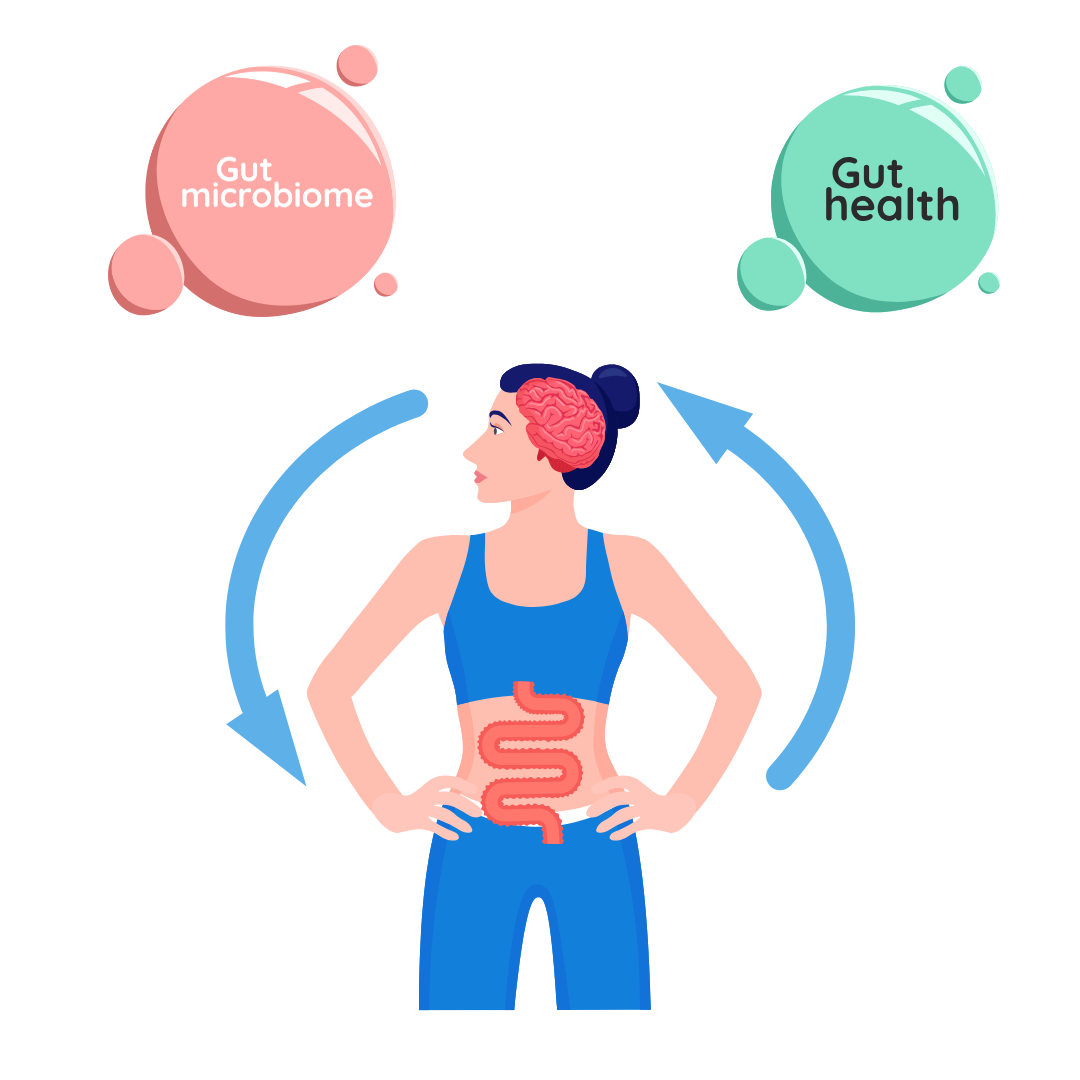Menopause and the Microbiome
How Gut Health Shapes Your menopause Experience
By Lindsay Rose- Founder of Goodbac and Sally Sidani-Wilkinson- Registered Health Coach & Menopause Wellbeing Practitioner
Most of us have heard of the microbiome, the trillions of microorganisms that live in and on our bodies. Far from being passive passengers, these microbes are in constant conversation with our bodies, influencing hormones, the immune system, digestion and even mood.
Menopause is the natural stage of life marking the end of a woman’s menstrual cycles, officially reached after 12 months without a period. During menopause, when hormone levels are shifting and symptoms can feel unpredictable, the microbiome plays an important role in affecting hormone balance and even the way symptoms are experienced. Understanding this connection can help you take natural, practical steps to support your body through the transition.
What is the Microbiome?
The microbiome is the community of bacteria, fungi and other microbes that live in and on us. The gut, skin, mouth and vaginal tract all have their own unique populations of microorganisms.
A healthy microbiome helps us digest food, produce vitamins, regulate the immune system and even make brain chemicals such as serotonin, that regulates mood and sleep. Increasingly, it is recognised that the microbiome also plays a role in hormone balance and this is where menopause and gut health intersect.
Two Ways Menopause and the Microbiome Interact
1. The Oestrobolome and Oestrogen Recycling
The body continuously produces oestrogen, and when levels need balancing, excess oestrogen is sent via the liver and into the gut through the bile duct to be disposed of through our faeces.
Here the oestrobolome, a specialised part of the gut microbiome, plays its part. These bacteria release enzymes that can free bound oestrogen, making it available to be reabsorbed into the body rather than flushed away.
Changes in the microbiome can either increase or decrease the amount of natural oestrogen available in the gut to be taken back into the bloodstream. When the oestrobolome is healthy, this recycling helps to keep oestrogen levels steady. If it is disrupted, it may contribute to the hormonal imbalances that can exacerbate menopause symptoms.
2. Gut Barrier Health and Inflammation
Declining oestrogen during menopause can also weaken the tight junctions in the gut lining, which can lead to what is often called leaky gut, where bacteria and food particles pass through the intestinal lining into the bloodstream.
The consequences can include:
Bloating and digestive discomfort
Chronic low grade inflammation, which affects energy and mood
Food intolerances, sometimes temporary, where the immune system flags certain foods as dangerous
Hot flushes, potentially linked to the immune system overreacting to small changes in temperature
Because around 90% of serotonin and much of GABA (important for sleep) are produced in the gut, disruption here can also influence mood and rest. With about 70% of the immune system located in the gut, imbalances may weaken the immune system.
To complicate matters further, the symptoms of menopause themselves can cause stress, and stress through the release of cortisol worsens gut permeability and inflammation. It becomes a cycle that many women find difficult to break.
Supporting Your Microbiome During Menopause
The good news is there is much you can do to nurture your gut health naturally. Sally recommends focusing on these areas:
Fibre and plant diversity
Aim for a wide variety of plant foods including fruit, vegetables, legumes, nuts, seeds and wholegrains. The Zoe study has shown that diversity, not just quantity, is what really boosts microbiome health. Aim for 30 different plants across the week including your herbs and spices.
Probiotic foods
Fermented foods such as yoghurt, kefir, sauerkraut, kimchi and miso help gut health by adding beneficial bacteria that support digestion, restore balance, and strengthen the gut lining.
Prebiotic foods
Prebiotics are fibres that feed your good bacteria. Examples include oats, bananas, apples, asparagus, garlic, onions and leeks. When combined with probiotics they work together to strengthen your microbiome.
Hydration
Drinking enough water, around two litres/ 8 glasses a day, supports gut health by keeping digestion moving smoothly, preventing constipation, and helping nutrients absorb effectively.
Stress management
Stress management may help gut health by lowering stress hormones like cortisol, which can disrupt digestion, alter gut bacteria, and increase inflammation.Practices such as yoga, mindful breathing or walking in nature can lower cortisol and support a healthier gut environment.
Movement and exercise
Staying active has been shown to promote a more diverse microbiome, so find ways of moving your body that you enjoy. Take a walk with a friend in your lunch break, do some stretches when you get out of bed, join a dance class. Finding small pockets of time throughout the day to move the body will add up to have a big impact.
Limit ultra processed foods and sugar
Ultra processed foods and high sugar intake can disrupt gut balance and fuel inflammation. Prioritise whole, nourishing foods whenever possible.
The Role of Probiotics in Menopause
Lindsay explains that, while diet and lifestyle are the foundation, probiotics can give your gut extra support.
What are probiotics?
Probiotics are live microorganisms, usually bacteria, that, when consumed in the right amounts, provide a health benefit. They generate lactic acid and short chain fatty acids, and they produce enzymes and proteins which encourage the beneficial bacteria around them to thrive.
In recent years, research into probiotics and menopause has expanded rapidly. Studies show that certain strains can support specific menopause symptoms. For example:
Lactobacillus acidophilus has been linked with a reduction in menopause symptoms without directly supplementing hormones.
Other strains are being studied for their ability to improve bone density, mood and digestive comfort.
Goodbac, reviews all published research and select the strains with the strongest evidence for menopause support. We then create your personalised probiotic blend based on the symptoms most relevant to you. Each blend is freshly made and posted out, ensuring it is tailored and optimal for your needs.
Women are increasingly recognising how closely their microbiome is linked to their menopause journey. This understanding has led to menopause support consistently being in the top three reasons people give for why they are taking Goodbac probiotics.
Taking action
Menopause is more than a hormonal shift; it is a whole body transition that deeply involves your gut health. By supporting your microbiome through food, lifestyle and targeted probiotics, you can ease symptoms and strengthen your long term wellbeing, naturally.
Combining the latest science with personalised nutrition and probiotic blends helps you support your unique microbiome during menopause and beyond.
To get started with Goodbac Probiotics here’s 15% discount use code REBALANCEBYSALLY15 www.goodbac.com
For support with personalised nutrition and lifestyle health plan contact Sally www.rebalancebysally.com and quote GOODBAC for a 10% discount off any programme.



